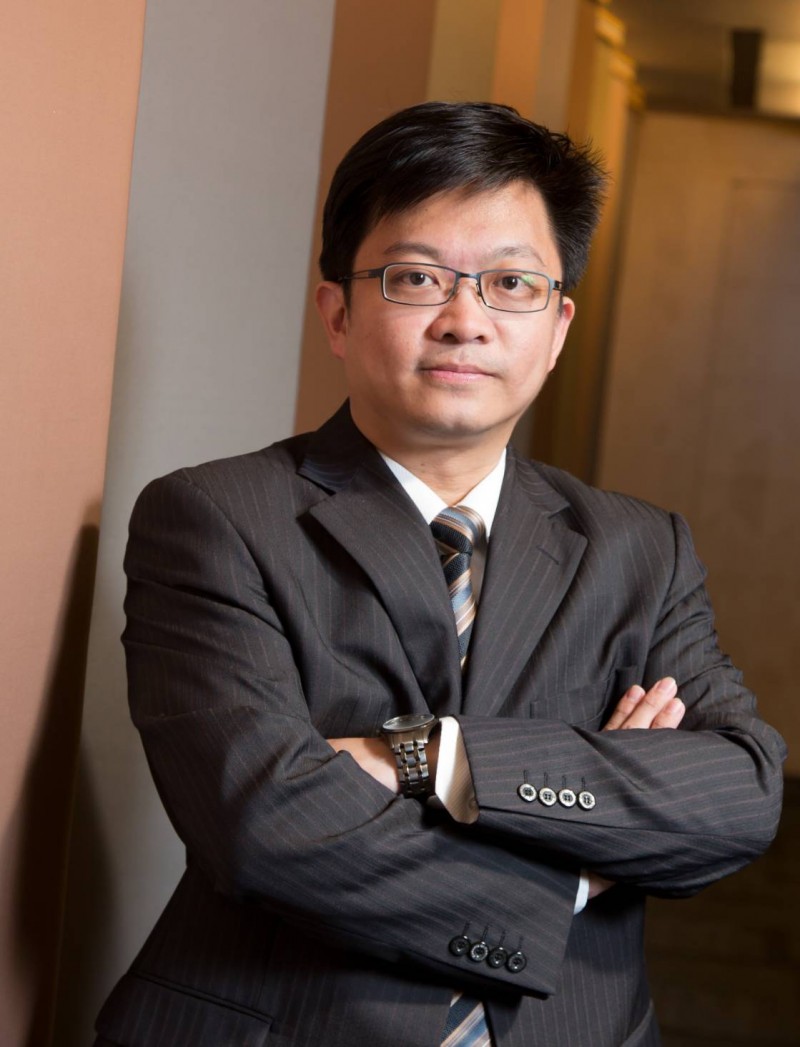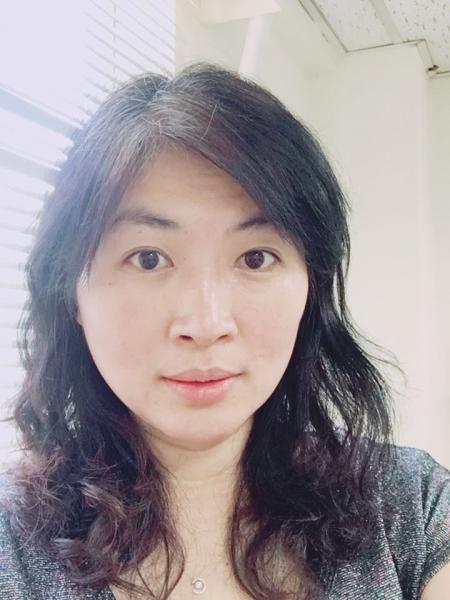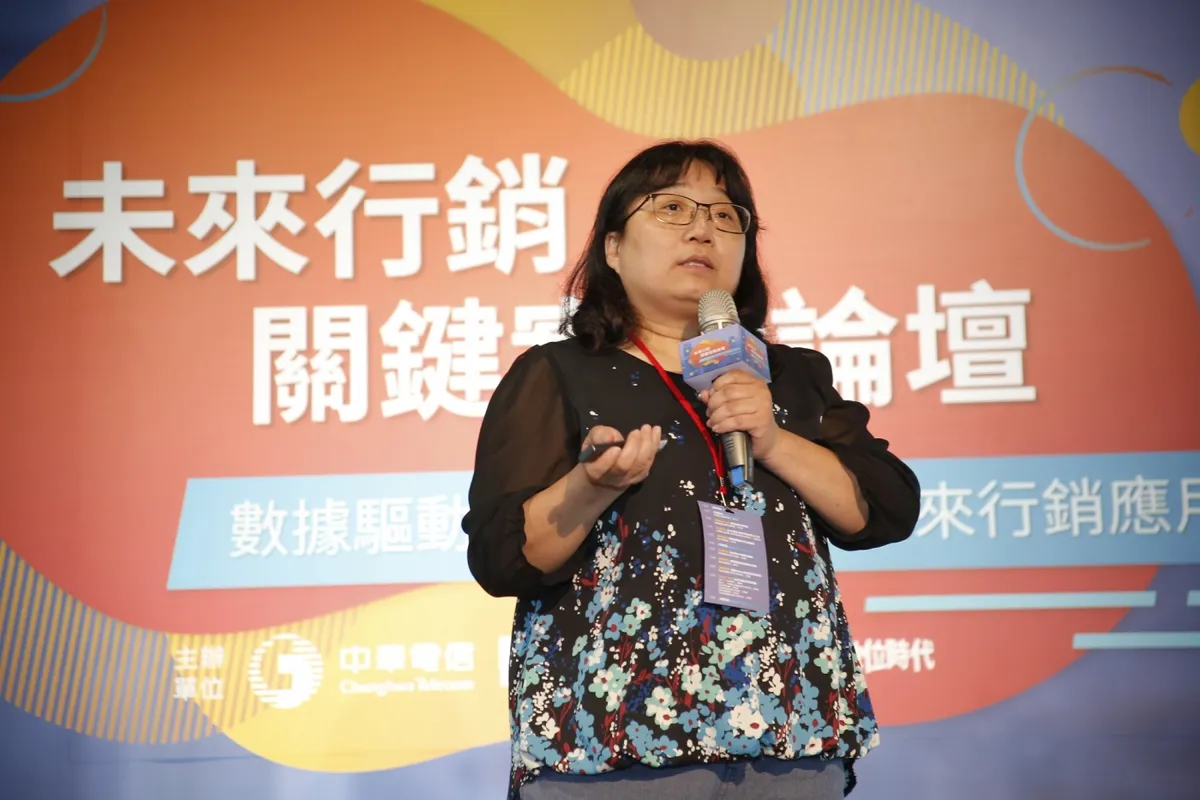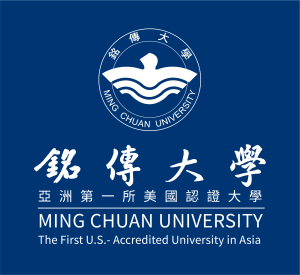
Select and invite cross-disciplinary experts with financial technology expertise to conduct collaborative teaching, guide teaching broadly at first and then in-depth from the perspective of cross-disciplinary practice, review academic theory and deepen innovation ability. Theory and practice go hand in hand.
Carry out inclusive and mutual cooperation with "learning by doing, doing by learning" to cultivate financial and technological capabilities and obtain corresponding certificates. We will start employment practice early, and the theory and academics will go hand in hand. Graduation is employment.
The course design combines financial technology innovation and ideas; the unity and cooperation between teachers and students is increased through competitions instead of just training. Comprehensive workshop courses allow teachers and students to produce together, allowing students to go through a process of birth and landing of financial products and services, cultivating a foundation for technological entrepreneurship or preparation for employment.

Following the design of the five major axes of “Information and Basic Ability”, “Economic Finance and Analysis”, “Information Technology and Data”, “Media and Market”, and “Legal System and Supervision”, with micro-credits, workshops and practical practice, the curriculum is designed with basic and professional course content and structure, so that students can build a solid foundation.


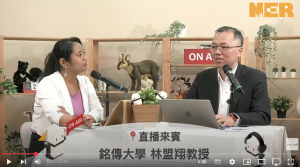


Progressive Innovation
